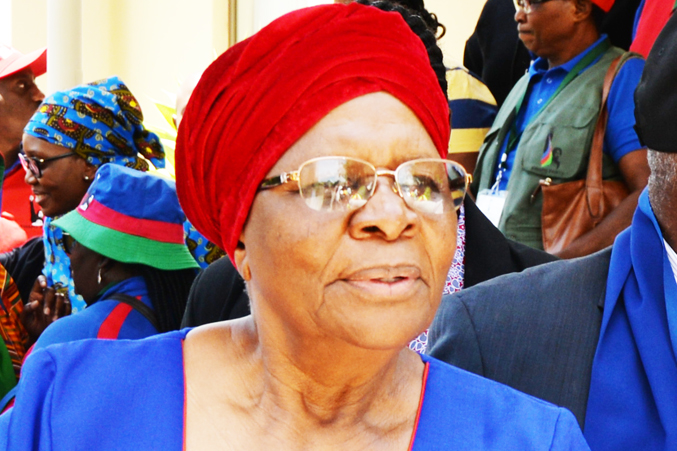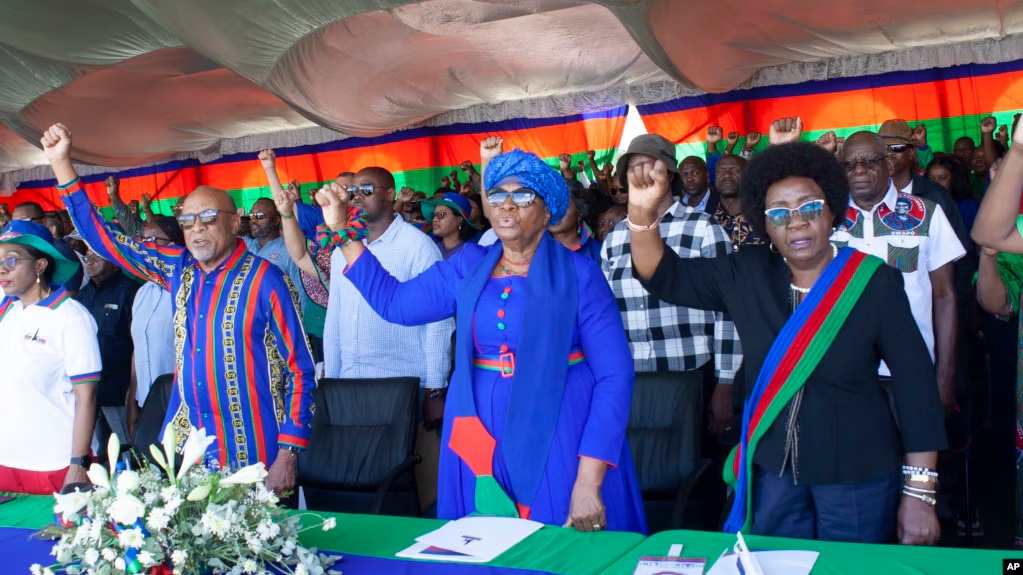Namibians head to the polls Wednesday in a watershed election that could see Vice President Netumbo Nandi-Ndaitwah become the nation’s first female president, marking a potential shift in the country’s political landscape since its 1990 independence.

The Electoral Commission of Namibia reports approximately 1.4 million registered voters, representing half of the country’s population, will choose between candidates from fifteen political parties vying for the presidency and National Assembly seats. Early voting results from foreign missions, maritime workers, and security services suggest Nandi-Ndaitwah and her South West Africa People’s Organization (SWAPO) party maintain a leading position.
SWAPO, which has governed Namibia since independence from South Africa’s apartheid regime, faces significant challenges despite its frontrunner status. The party lost its two-thirds parliamentary majority in 2019 for the first time in 25 years, following a damaging fishing industry corruption scandal that led to the arrest of two cabinet ministers and the imprisonment of associated businessmen.
Nandi-Ndaitwah, 72, has centered her campaign on economic revival, promising to invest approximately $4.7 billion over five years to create more than 500,000 jobs. The pledge aims to address the country’s pressing 20% youth unemployment rate, though critics question its feasibility.
The election occurs amid broader political transitions across southern Africa. South Africa’s African National Congress recently lost its parliamentary majority after three decades, while Botswana’s Democratic Party was unseated after 58 years in power. Mauritius saw a landslide opposition victory, and Mozambique faces ongoing protests following disputed election results.

Political analyst Henning Melber, professor at the Universities of Pretoria and Free State, sees SWAPO’s declining dominance as part of a regional trend affecting former liberation movements. “The process of erosion of legitimacy as a former liberation movement has advanced too much,” Melber said, noting younger voters’ focus on governance rather than historical allegiances.
SWAPO faces its strongest challenge from the Independent Patriots for Change, led by former dentist Panduleni Itula, and the Affirmative Repositioning party under university professor Job Amupanda. Both opposition parties concluded their campaigns with rallies this weekend.
If successful, Nandi-Ndaitwah would join the ranks of Africa’s groundbreaking female leaders, following Liberia’s Ellen Johnson Sirleaf, Malawi’s Joyce Banda, and the Central African Republic’s Samba Pranza. University of Namibia political science lecturer Erika Thomas emphasizes the importance of independence, transparency, and accountability should Nandi-Ndaitwah secure victory.
The election’s significance extends beyond gender representation, as Namibia grapples with economic challenges, social inequality, and the need for institutional reform. Women’s issues, including reproductive rights, equal pay, and healthcare access, feature prominently in voter concerns.
Campaign activities concluded this weekend as parties made their final appeals to voters. The election results could signal whether Namibia will follow the regional trend of political transformation or maintain its historical alignment with SWAPO’s leadership.



